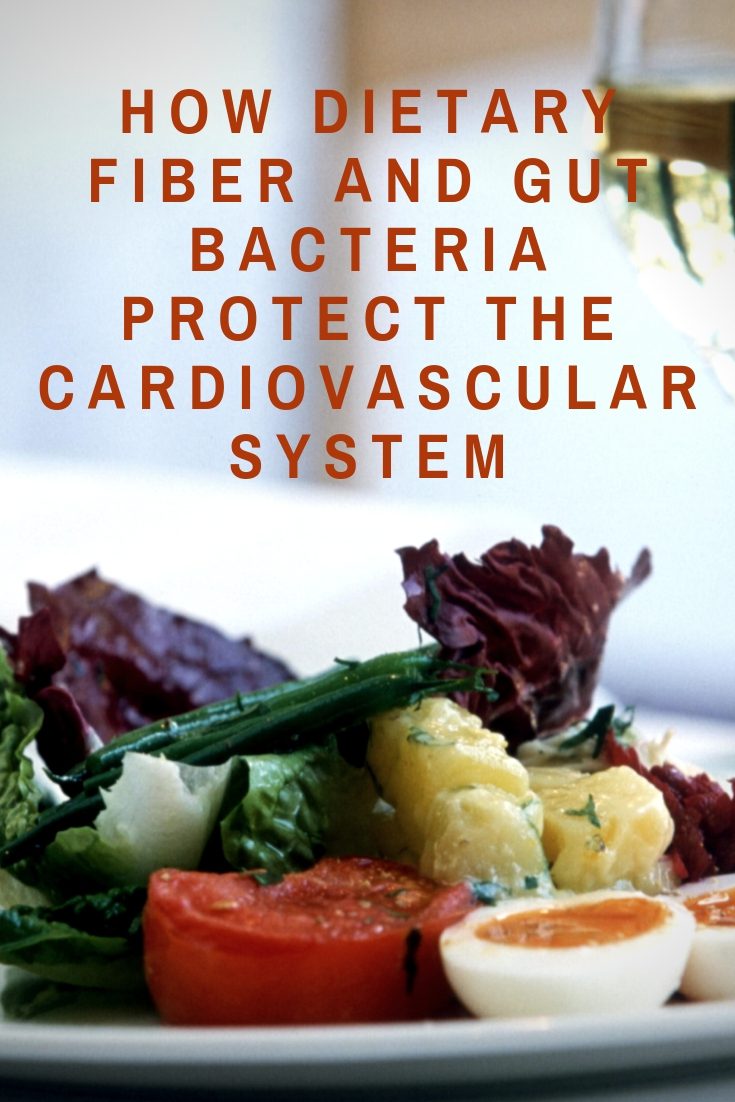Last Updated on May 10, 2019 by Shane Corbitt
The fatty acid propionate helps defend against the effects of high blood pressure, including atherosclerosis and heart tissue remodeling, a study on mice has found. Gut bacteria produce the substance, which calms the immune cells that drive up blood pressure, from natural dietary fiber.
beneficial gut microbes can produce metabolites from dietary fiber, including a fatty acid called propionate. This substance protects against the harmful consequences of high blood pressure.
A Berlin, Germany research team from the Experimental and Clinical Research Center (ECRC), a joint institution of the Max Delbruck Center for Molecular Medicine (MDC) and Charite Universitatsmedizin Berlin, shows why this is the case. Their study has been published in advance online in the journal Circulation.
The researchers fed propionate to mice with elevated blood pressure. Afterward, the animals had less pronounced damage to the heart or abnormal enlargement of the organ, making them less susceptible to cardiac arrhythmia. Vascular damage, such as atherosclerosis, also decreased in mice.
“Propionate works against a range of impairments in cardiovascular function caused by high blood pressure, ” said MDC Researcher and Research Group Leader Professor Dominik N. Muller. “This may be a promising treatment option, particularly for patients who have too little of this fatty acid.”
“Our study made it clear that the substance takes a detour via the immune system and thus affects the heart and blood vessels,” added Dr. Nicola Wilck and Hendrick Bartolomaeus from the ECRC, who have been working together on the project for nearly five years.
In particular, T helper cells, which enhance inflammatory processes and contribute to high blood pressure, were calmed.
This has a direct on the functional ability of the heart, for example. The research team triggered heart arrhythmia in 70 percent of the untreated mice through targeted electrical stimuli.
However, only one-fifth of the animals treated with the fatty acid were susceptible to an irregular heartbeat. Further investigations with ultrasound, tissue sections, and single-cell analysis showed that propionate also reduced blood pressure-related damage to the animals’ cardiovascular system, significantly increasing their survival rate.
But when researchers deactivated a certain T cell subtype in the mice’s bodies, known as regulatory T cells, the positive effects of propionate disappeared. The immune cells are therefore indispensable for the substance’s beneficial effect.
A research group under Johannes Stegbauer, an adjunct professor at Dusseldorf University Hospital, confirmed the team’s findings in a second animal model.
The results explain why a diet rich in fiber, which has been recommended by nutrition organizations for many years, helps prevent cardiovascular diseases. Whole-grain products and fruits, for example, contain cellulose and inulin fibers, from which gut bacteria produce the beneficial molecules like propionate, a short-chain fatty acid with a backbone of just three carbon atoms.
For more information, visit www.mdc-berlin.de.










